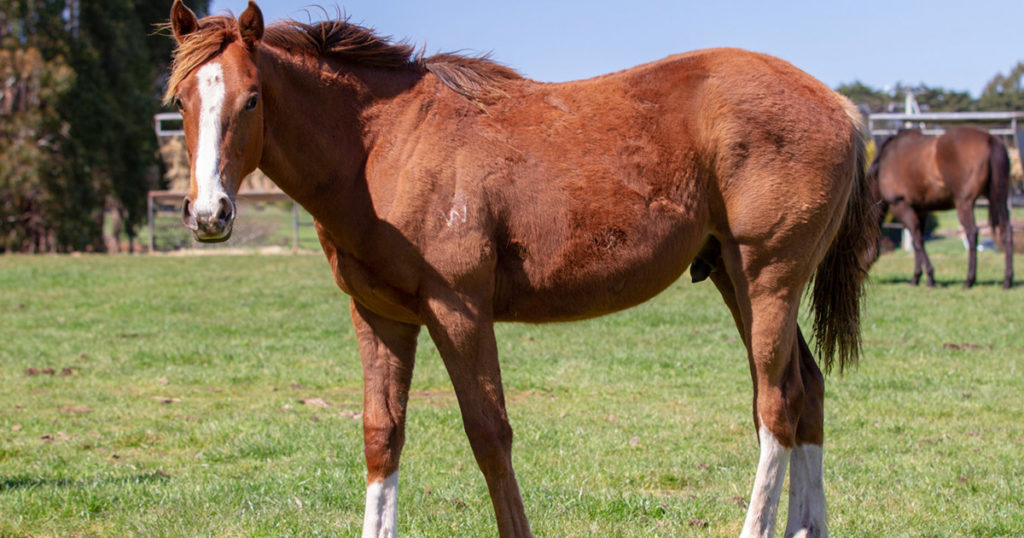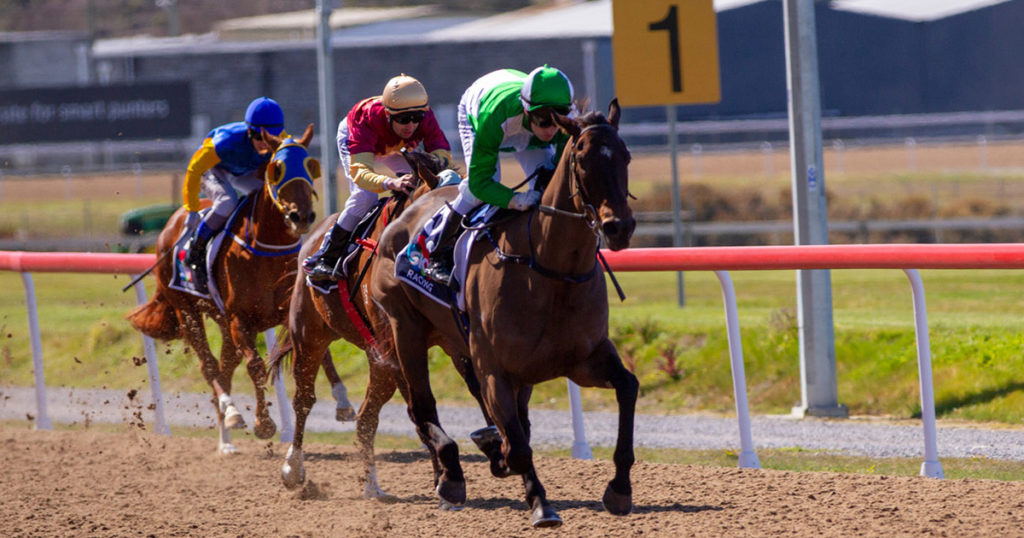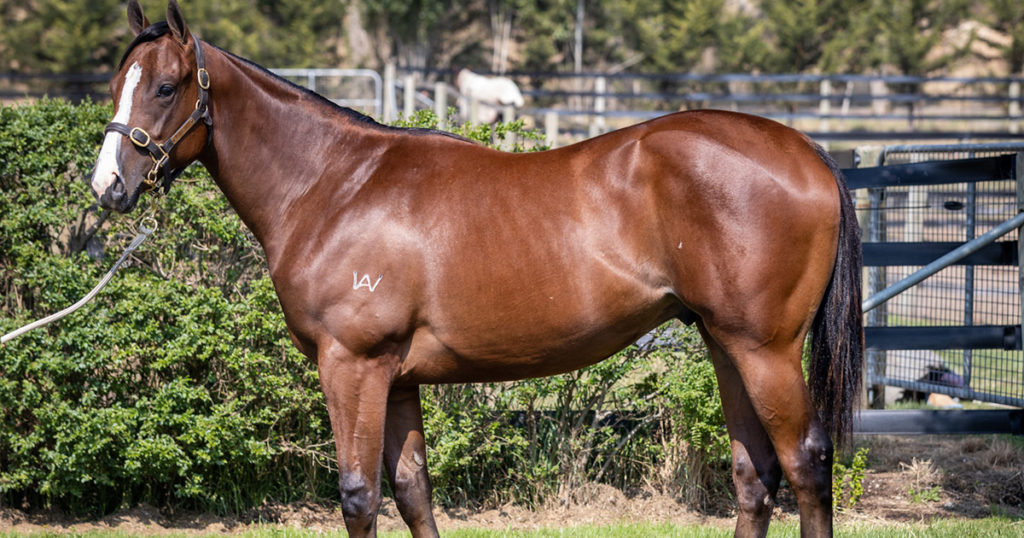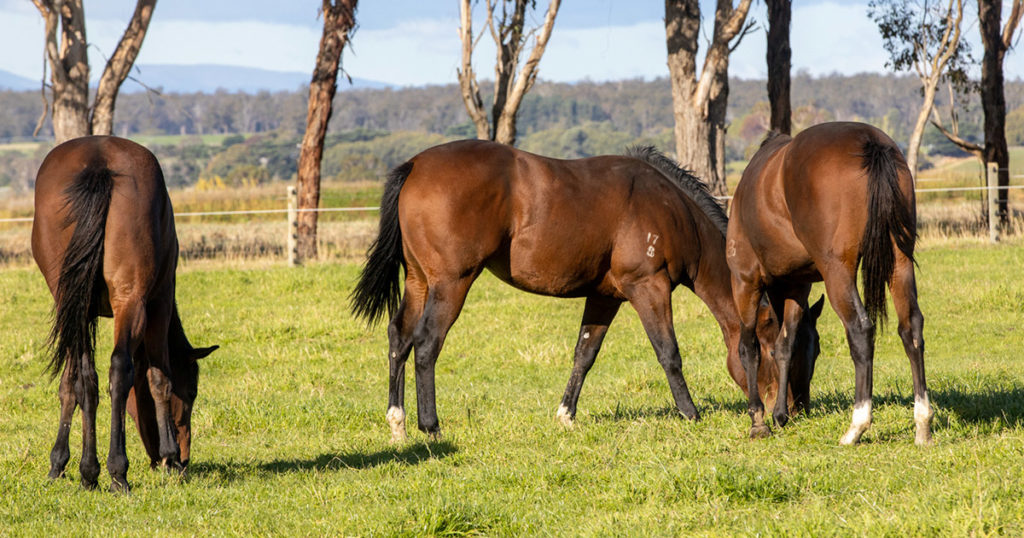Colic is the leading reported cause of death in horses. Various types of colic can occur in equines including: spasm in the colon; gas build up; intestinal obstructions (blockages); or torsions in the digestive tract. The majority of colic cases however are ‘idiopathic’, meaning the cause of the colic is ‘unknown’.
Many factors can potentially contribute to idiopathic colic episodes: consumption of tainted/mouldy feed or hay; diets low in roughage (hay and/or fibrous feeds); high grain diets; sudden changes in feed; high parasite burdens; excessive stress; and long-term use of NSAIDs (such as flunixin, ‘bute/PBZ’).
Whilst all these factors play a unique role in their contribution to increasing the risk of colic in the horse, they all share a commonality: they significantly alter the microflora balance of the gastrointestinal tract (GIT) of our horses. This in turn can play a key role in the development of colic. To read more about the effect of NSAIDs on GI health, visit the article: Inflammation & Non-Steroidal Anti-Inflammatories in Horses
In light of this, it is important to consider other factors which unfavourably alter gastrointestinal (GI) microflora (such as the use of antibiotics and corticosteroids) when evaluating the cause of colic.
In the case of influences such as the aforementioned medications, it is important to remember that colic is unlikely to result from immediate use: it may be some time after that the horse has a seemingly ‘unrelated’ or ‘inexplainable’ case of colic. This is due to the increasing imbalance in GI microflora, which was first initiated by the medication.
In clinical practice, I see many referred cases of horses who have repeated idiopathic colic episodes who have been on long-term ulcer medications (generally those containing omeprazole, and sometimes those containing ranitidine). These medications interfere with proper digestion of feed, commonly resulting in fermentation of starch and grains in the hindgut, resulting in excessive production of gas. The use of these medications can also significantly impact a horse’s natural, healthy balance of GI microflora. To read more about the effects of ulcer medications on GI health see articles: Hindgut (Colonic) Ulcers in Horses and Ponies; Ulcers in Horses: The importance of understanding how medications work; and Ulcer Medications: What Nobody Tells You and What You Need To Know.
Colic can be a fatal condition in our horses and ponies, and it can be frustrating when the cause of colic is unknown. Taking the time to assess potential contributing factors, including those which influence GI microflora are important steps in helping to prevent colic episodes.
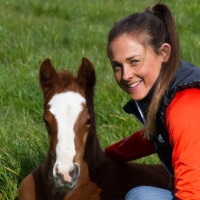
Camilla Whishaw is a highly regarded, experienced horsewoman and naturopath, helping to holistically treat and manage a broad range of equine health conditions and injuries, with a passion for mare and stallion fertility.
As a world-renowned practitioner, presenter, author, and consultant in the field of Equine Naturopathy, Camilla shares her knowledge through keynote presentations, interviews, lectures, panel sessions, and workshop training.


